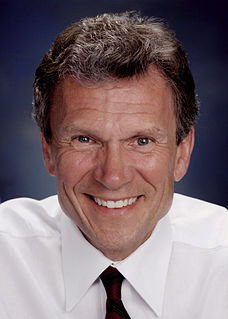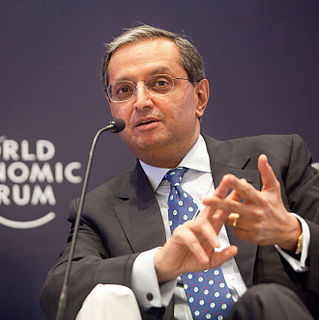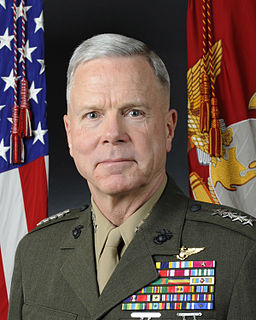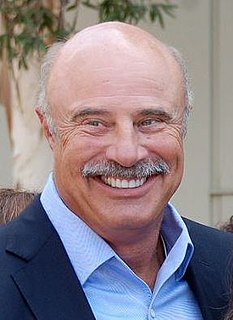A Quote by Tom Daschle
Trust doesn't come haphazardly. It really has to be built over time. And that trust has to happen really at times when there isn't a crisis. That's why I think having regular meetings and conversation when there's no crisis, when you can build trust and a friendship and a relationship that allows for better dialogue and far more consequential deal-making can occur when a crisis does come up.
Related Quotes
Companies that do not actively practice, study, and plan for crisis communications - as well, of course, crisis management - are doomed to fail when a crisis befalls them. Crises are, in a word, inevitable, and those macho companies that think, "it can't happen here," or if it does, "I can handle it," will suffer the hardest failures.
Right now, however, we're in the middle of a jobs crisis, a border crisis and a terrorism crisis like never before. All energies of the federal government and the legislative process must now be focused on immigration security. That is the only conversation we should be having at this time, immigration security.


































